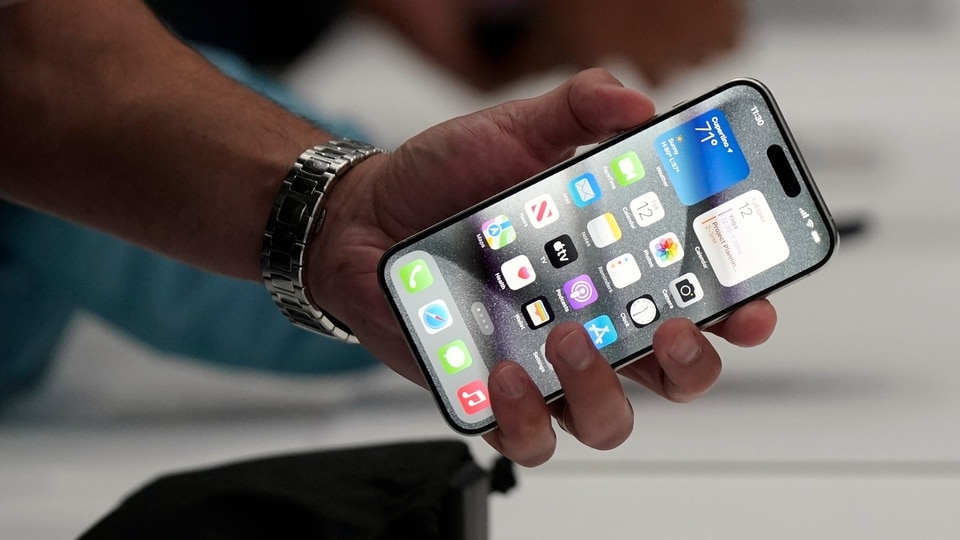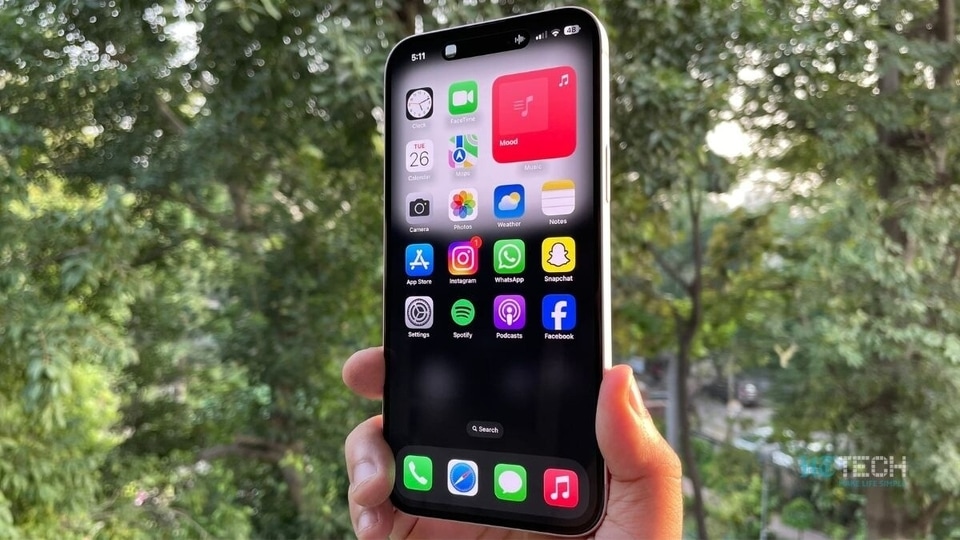5 things about AI you may have missed today: Gen AI breakthrough, Cybercriminals create ransomware via ChatGPT, more
OpenAI employee debunks prompt engineering as future's key skill; Chinese cybercriminals have just used ChatGPT for criminal purposes, and much more today.






 View all Images
View all ImagesOpenAI employee debunks prompt engineering as future's key skill; Chinese cybercriminals arrested for creating ransomware with ChatGPT assistance; Seoul boosts crime prevention with AI-powered surveillance expansion; Generative AI breakthrough enhances focused ultrasound for neurological treatment- this and more in our daily roundup. Let us take a look.
1. OpenAI employee debunks prompt engineering as future's key skill
OpenAI's Logan Kilpatrick challenges the notion that prompt engineering is the future's key skill. He asserted that effective communication with AI, akin to human interaction, is paramount. While prompt engineering gains traction, Kilpatrick emphasises reading, writing, and speaking as crucial skills for human competitiveness in the era of advancing AI. Learning to communicate with AI, some users note, can enhance overall interpersonal communication skills, Business Insider reported.
We are now on WhatsApp. Click to join.
2. Chinese cybercriminals arrested for creating ransomware with ChatGPT assistance
In China, four individuals were arrested for developing ransomware with ChatGPT, marking the country's first case involving the chatbot not officially available locally. The cybercriminals, arrested in Beijing and Inner Mongolia, utilised ChatGPT to optimise the ransomware program, conduct vulnerability scans, infiltrate systems, implant ransomware, and extort victims. The legal status of ChatGPT in China remains unclear, as the government restricts access to foreign generative AI products. OpenAI has blocked its services in China, but users employ VPNs to circumvent restrictions, according to a South China Morning Post report.
3. Seoul boosts crime prevention with AI-powered surveillance expansion
Seoul city officials announce plans to enhance crime prevention with additional AI-backed surveillance cameras in public parks and along hiking trails. Equipped with AI technology, these cameras detect movements and transmit images to control rooms, enhancing emergency monitoring. The initiative aims to eliminate crime blind spots, with 10,657 AI cameras to be installed by 2026. The city also plans to replace outdated cameras, investing 126.5 billion won ($98.1 million) over three years, Asia News Network reported.
4. Generative AI breakthrough enhances focused ultrasound for neurological treatment
Researchers at the Korea Institute of Science and Technology have developed a generative AI-based real-time acoustic simulation technology to address the challenges of applying focused ultrasound therapy for neurological issues. Overcoming limitations in reflecting ultrasound wave distortions caused by diverse skull shapes, the technology predicts and corrects distortions during therapy. This innovation enhances the clinical viability of non-invasive focused ultrasound therapy for conditions like depression and Alzheimer's disease, ANI reported.
5. Maharashtra deputy CM Devendra Fadnavis explores AI collaboration with Google India Headquarters
Maharashtra Deputy CM Devendra Fadnavis discussed the application of AI in governance with Google India's Country Head and VP, Sanjay Gupta. The meeting explored potential collaborations with the Maharashtra Government. Fadnavis shared details on social media, highlighting the fruitful conversation on the application of AI and future possibilities, ANI reported.
Catch all the Latest Tech News, Mobile News, Laptop News, Gaming news, Wearables News , How To News, also keep up with us on Whatsapp channel,Twitter, Facebook, Google News, and Instagram. For our latest videos, subscribe to our YouTube channel.






























